Study finds all-electric rideshare fleet could reduce carbon emissions, but increase traffic issues
Green Car Congress
JUNE 23, 2023
They used the model and the data to estimate the life cycle air pollution, greenhouse gas, and traffic externality benefits and costs of serving rides based on Chicago TNC trip data from 2019 to 2022 with fully electric vehicles. —Mohan et al. Mohan et al. Scott Institute for Energy Innovation.





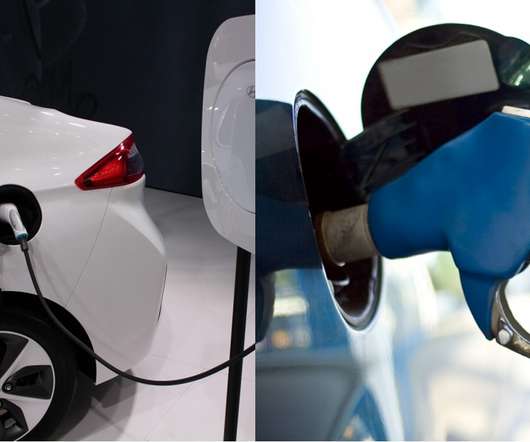





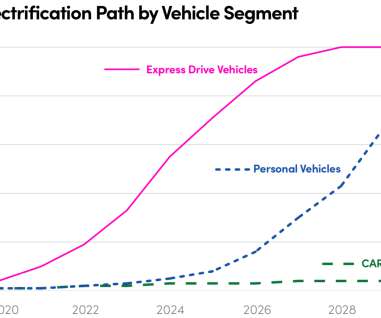
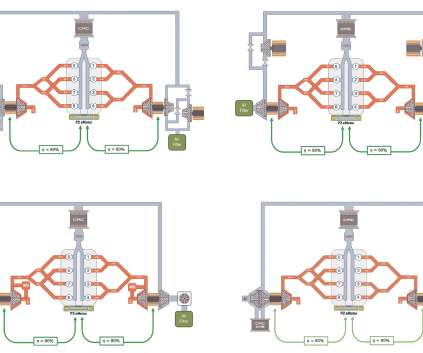





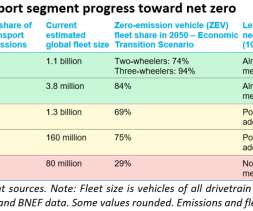


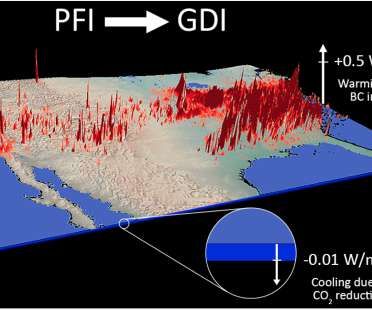

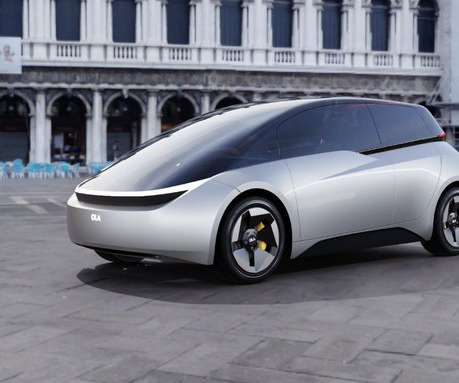






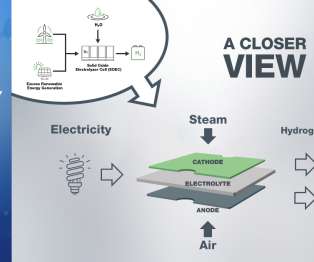












Let's personalize your content